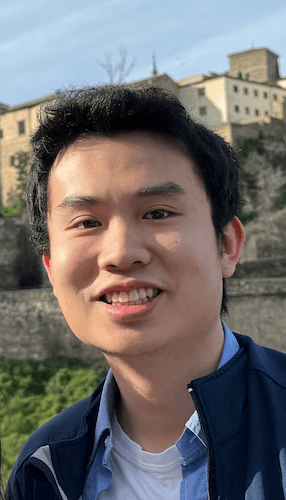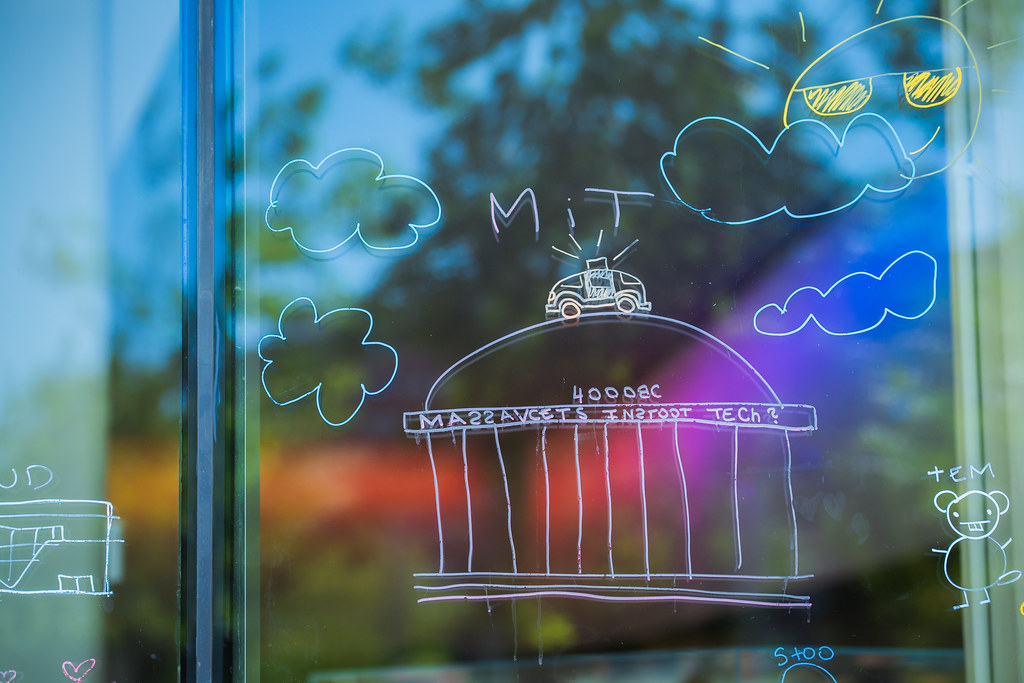Jason Chen
Literature major
Mechanical Engineering major
Computer Science minor

What’ve you enjoyed most about your area of study? Was there a particular discovery, new skill or way of thinking, or insight that you found especially valuable? Please share an example from your favorite class or experience.
What I’ve enjoyed most about studying literature at MIT is how it’s challenged me to think more critically about the assumptions built into intellectual history. In Prof. Wiebke Denecke’s Classics of Chinese Literature class, I was introduced to humanist thought in the Chinese tradition, and it shifted how I understood humanism itself. I had always associated it with the European Renaissance, but seeing similar values—self-cultivation, ethical responsibility, the role of education—emerge in a different historical and cultural context made it clear that humanism isn’t exclusive to any one tradition. That realization led me to pursue a thesis on comparative humanisms, tracing how different societies have articulated shared concerns in distinct ways. It wasn’t something I had planned, but it grew naturally out of a broader shift in how I now approach texts, cultures, and ideas.
How does the knowledge from this field, or your interest in it, combine with your other major or minor studies at MIT?
Studying literature alongside mechanical engineering has given me a more human-centered approach to energy and climate work. Engineering equips me with the tools to model heat transfer, optimize systems, and build sustainable technologies—but literature reminds me what’s at stake. Reading writers who wrestle with loss, hope, and resilience has shaped how I think about the climate crisis—not just as a technical problem, but as a human one. That mindset influences everything I work on, from designing thermal storage systems to imagining decarbonized futures that are not only efficient, but just and livable.
An MIT education includes study in the scientific, technical, social science, arts, and humanities fields. How do you think that wide range of knowledge and perspectives will be valuable to you – for your career success and for your enjoyment of life?
What I’ve appreciated about an MIT education is how it encourages you to think across disciplines. Studying both mechanical engineering and literature has trained me to approach problems analytically but also to ask broader questions about impact and context—especially in my work on energy and climate systems. Being exposed to different ways of thinking, whether through a technical lab or a close reading seminar, has made me more flexible and thoughtful in how I tackle challenges. Beyond career prep, it’s just made life more interesting. I value being able to engage with both the technical side of the world and the human stories behind it.
What are your plans for the future?
After graduation, I’ll be pursuing a PhD at MIT in mechanical engineering. I’ll be conducting research with the DENG Energy and Nanotechnology Group on combustion and machine learning modeling for energy applications. Afterwards, I hope to work in research and development in the renewable energy field or apply to faculty positions!
